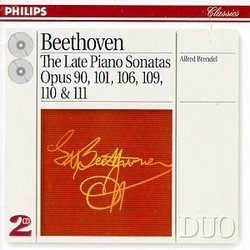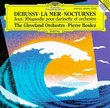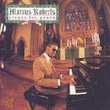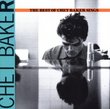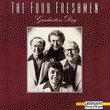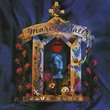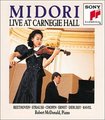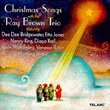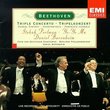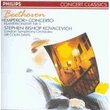| All Artists: Alfred Brendel Title: Beethoven: The Late Piano Sonatas Members Wishing: 0 Total Copies: 0 Label: Philips Release Date: 8/10/1993 Genre: Classical Styles: Forms & Genres, Sonatas, Historical Periods, Classical (c.1770-1830), Romantic (c.1820-1910) Number of Discs: 2 SwapaCD Credits: 2 UPCs: 028943837422, 028943837422 |
Search - Alfred Brendel :: Beethoven: The Late Piano Sonatas
CD DetailsSimilar CDsSimilarly Requested CDs
|
CD ReviewsBest interpretation I've heard Victor A. Vyssotsky | Orleans, MA USA | 01/12/2001 (5 out of 5 stars) "Beethoven's piano sonatas can be interpreted in as many ways as there are pianists, from the restrained literalism of Schnabel to the bravura of Van Cliburn. For the early and middle sonatas this causes no problem; one can understand and enjoy almost anybody's rendition of the Pathetique or the Waldstein. But starting with Opus 90, and continuing through all the later sonatas, there's a problem. In so far as I can tell, Beethoven was no longer writing piano sonatas for his friends to play or the public to listen to; he was writing them for himself, to experiment with possibilities of musical form. I think 150 years later he would have enjoyed rock immensely, but that was too great a conceptual leap for him. What he did do was try every variety of musical concept he could come up with, which is why, at the time, some of his later sonatas were regarded as unplayable. Now, of course, any top-flight pianist can play them, so the question becomes how to listen to them, which of course depends on how they are played.In my own amateur opinion, Brendel does these better than anybody else I've heard. In particular, his tempos and phrasing allow the listener to follow a trick Beethoven evolved in the late sonatas: introduce a few bars of a variation, drop it, and go on to something else, while expecting the evolution of the (abandoned) variation to continue to play in the listener's head along with what's actually being played on the piano. For this to work, the tempo and phrasing of the subsequent passage must be not just as written in the score, but subtly adjusted to fit the unwritten and unplayed evolution of the abandoned variation. This becomes clearest if one listens to Brendel's performance of Opus 110 and Opus 111 with the score in front of one; you can "hear" what Brendel isn't playing, as well as what he is.I can't listen that way to any other pianist's rendition of the late sonatas that I've heard. And I must admit that parts of the Hammerklavier, Opus 106, are still mysterious to me, even in Brendel's rendition. If you really love Beethoven, try this!" You could do worse Jed | 02/16/2001 (3 out of 5 stars) "There isn't much to complain about in this recording, nor is there much to rave about. Brendel's playing seems a little pedantic to me, especially in the second movement of Op. 111, but it isn't abysmal, either. This CD set is a good find for the price, but Brendel himself might agree that this is not his best playing: he re-recorded the Beethoven sonatas in the 90s, giving performances that are generally more fluid and imaginative than the ones here." Tremendous Jed | 04/10/2002 (5 out of 5 stars) "As an introduction to Beethoven's late sonatas, this 2 cd set can't be beat, especially at the price.
While I prefer a more violent Hammerklavier, Brendel's, along with No.s 27 and 28, is far more than merely adequate. The deeply introspective nature of all of these pieces make numerous interpretations well worthwhile anyway. But what really stands out in this set is the Arietta of opus 111. It seems to me that maybe Brendel was just playing the Maestoso to get to the soul of the work, but it's likely that's just my own overly eager anticipation as the listener! His Arietta is the most exquisite I've heard; the pain and joy and revelation are life-changingly astounding. Buy it as an introduction, treasure it for No. 32." |

